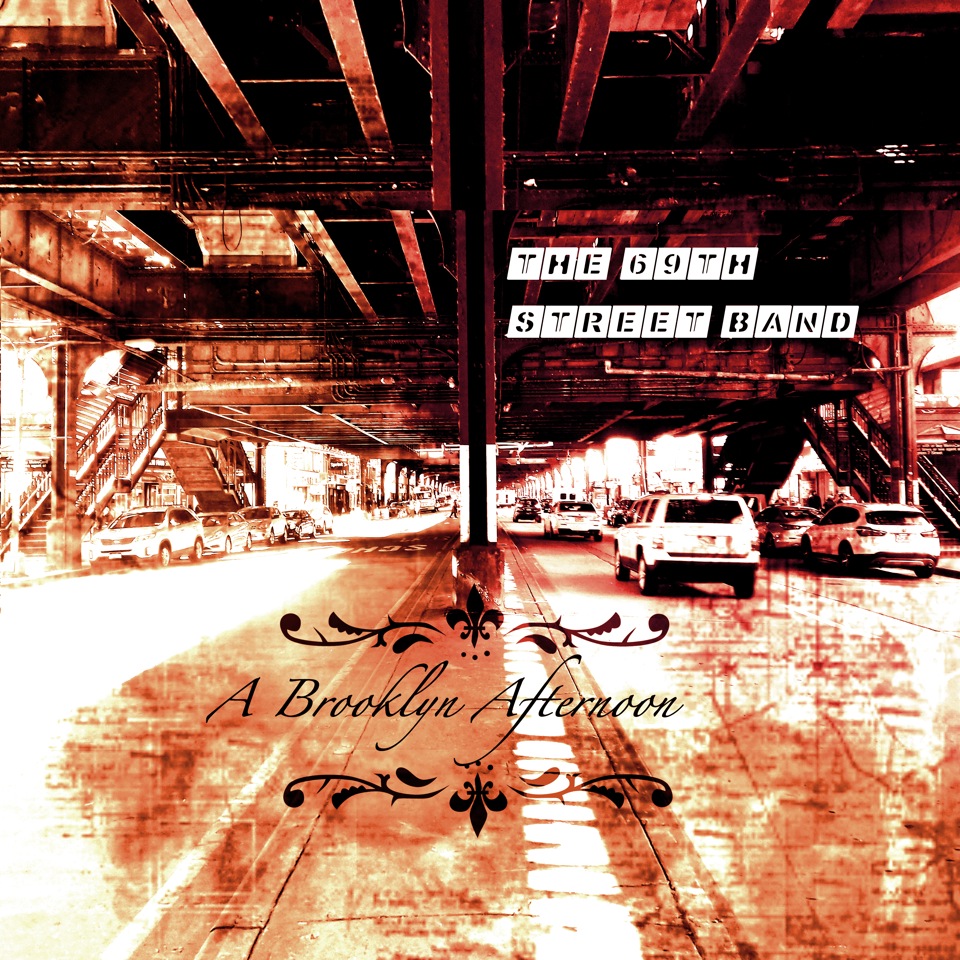The 69th Street Band was originally formed in 2007 as a way to get Tom Paronis out of the house but has since evolved into an “only in New York” hybrid of styles from Chicago Blues to R&B, rockabilly, country and jazz and a smattering of originals. Tom cut his teeth on the South Side of Chicago in the late 1980s with the illustrious Buddy Scott clan playing blues and R&B while also taking lessons with noted instructor Reggie “Guitar” Boyd. After moving to Europe in 1990 he played in Frankfurt, Germany for 2 years. Upon moving to New York in 1992 he played in many blues clubs, the late, lamented Dan Lynch’s being the most frequent. When parenthood led him to give up gigging in 1998 he taught himself the Travis/Atkins thumb picking style and began listening to lots of African music. When the urge to play out returned these sounds entered the repertoire and the Afrobeat hillbilly blues groove was born. The natural choice for the bass chair was old pal Lenny Nelson, who has played with almost every blues and R&B outfit in the tri-state area over the last few decades, including countless gigs with late, great Rolling Thunder drummer and pianist Howie Wyeth. On percussion the band is fortunate to have the services of 2 talented African virtuosos; legendary drummer and producer Jojo Kuo from Cameroon and djembe master and drummer Abou “The Lion” Diarrassouba. Also worth mentioning was that Jojo brought multi-instrumental South African virtuoso Tony Cedras into the band for 2 1/2 years when he wasn’t busy with Paul Simon or some of the other acts who called on his skills.
The 69th Street Band has been fortunate to have had some wonderful residencies at Bar 9 in Hell’s Kitchen from 2008 to 2013, at Boom Restaurant in Soho from 2009 to 2012 and for 10 unforgettable years at Paris Blues in Harlem until the Great Lockdown brought that and many other things to an end. We’ve also played at The Iridium, BB King’s, almost every bar in Coney Island and a host of bars, restaurants and low dives in the tri-state area. These days we can be found in Brooklyn playing dinner jazz at Hunter’s Steak and Ale House, playing rock and roll at Margarita Island in Coney Island Saturdays and occasionally rocking out at the 773 Lounge on Coney Island Avenue as well as doing some private events and one offs at various clubs.
